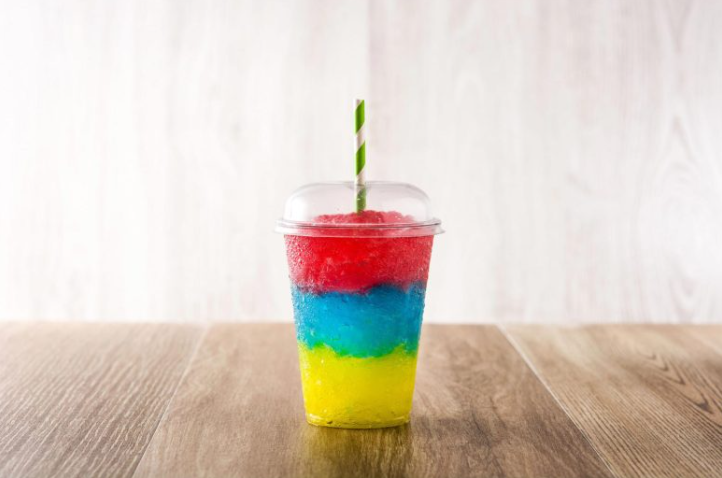


 10:41:31
10:41:31  2025-03-20
2025-03-20  1523
1523

A new study reveals that glycerol in ‘slushies’ may cause illness in children.
A study published in the British Medical Journal’s Archives of Disease in Childhood has linked slush ice drinks containing glycerol to illness in children. Doctors and medical researchers in Ireland and the UK launched an investigation after reports of sickness related to these beverages.
The study has prompted health authorities to issue warnings for parents and caregivers. Glycerol is sometimes used by manufacturers to maintain the slushy texture of these drinks as an alternative to high sugar content. Since these beverages are primarily marketed toward children, experts are urging caution regarding their consumption.
The study was led by Professor Ellen Crushell, Metabolic Paediatrician at Children’s Health Ireland (CHI) Temple Street and Clinical Professor at UCD School of Medicine, with Dr. Shona Brothwell, Paediatric Metabolic Specialist Registrar at Birmingham Children’s Hospital, and Patricia Fitzsimons, Chief Medical Scientist at CHI’s National Metabolic Laboratory.
Professor Crushell said: “We found that glycerol in slush drinks can cause ‘glycerol intoxication syndrome’ in young children. The research is significant because this illness has only rarely been described before in the medical literature and never in association with slush ice drinks.”
Symptoms and Treatment
The study looked at 21 young children across the UK and Ireland who became sick soon after drinking slush ice drinks. The symptoms included reduced consciousness (drowsiness/coma), very low blood sugar levels with high lactic acid levels, and glycerol was found in their urine. The children were investigated to make sure they did not have an underlying genetic metabolic disorder – a more typical cause of these symptoms. They all needed urgent resuscitation with IV glucose and fluids in the Emergency Department, and all went on to make a good recovery.
On learning about the findings last year, the Food Safety Authority of Ireland (FSAI) issued guidance for consumption of slush ice drinks containing glycerol, recommending that ‘children aged four years and under should not consume slush ice drinks due to potential side effects such as headaches, nausea, and vomiting,’ while children aged between five and 10 years old should consume no more than one slush Ice drink in a day.
However, the authors say guidance could go further as the research was limited only to reported severe cases who were referred to specialist metabolic services. There may be a spectrum of milder illnesses where children do not require hospitalization. Professor Crushell said: “To be safe, and to account for normal variations in children’s weights, the guidance not to consume could potentially be extended to children under eight years of age” and “transparency around the dosage of glycerol used in these drinks is required”
Consulting with the research team, Dr. Abigail Collins, National Clinical Lead for the HSE’s Child Health Public Health Programme said: “It should also be noted that all slush ice drinks, whether containing sugar or glycerol, convey no health benefits, and are not part of a healthy diet for children of any age.”
Reality Of Islam |
|

Researchers

A well-know

Scientists

As AI-power
 9:3:43
9:3:43
 2018-11-05
2018-11-05
10 benefits of Marriage in Islam
 7:5:22
7:5:22
 2019-04-08
2019-04-08
benefits of reciting surat yunus, hud &
 9:45:7
9:45:7
 2018-12-24
2018-12-24
advantages & disadvantages of divorce
 11:35:12
11:35:12
 2018-06-10
2018-06-10
 6:0:51
6:0:51
 2018-10-16
2018-10-16
 10:35:40
10:35:40
 2022-05-26
2022-05-26
 2:5:14
2:5:14
 2023-01-28
2023-01-28
 11:11:59
11:11:59
 2023-02-01
2023-02-01
 2:2:13
2:2:13
 2022-10-08
2022-10-08
 11:34:48
11:34:48
 2022-06-29
2022-06-29
 8:30:23
8:30:23
 2022-03-03
2022-03-03
 8:21:9
8:21:9
 2018-06-21
2018-06-21
 5:41:46
5:41:46
 2023-03-18
2023-03-18
| LATEST |